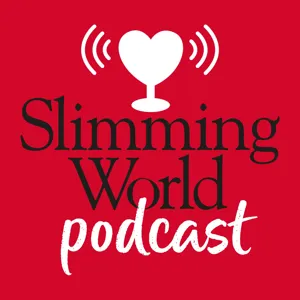How To Burn Fat, Heal Your Metabolism, and Live Longer with Dr. William Li

This episode is brought to you by Rupa Health, InsideTracker, Joovv, and Thrive Market.
Excess belly fat, or visceral fat around the organs, is the number-one cause of aging. It drives inflammation, increases the risk of blood clots, changes your hormones and brain chemistry, and more. It’s a recipe for disaster in the body. Not only does belly fat surround the organs, but it’s an organ of its own that can produce dangerous inflammatory cytokines that may lead to a cytokine storm.
Today on The Doctor’s Farmacy, I sit down with Dr. William Li to talk about the top foods that can fight harmful fat, improve metabolism, and strengthen our body’s natural defense systems.
Dr. William Li is an internationally renowned physician, scientist, and author of the New York Times bestseller Eat to Beat Disease: The New Science of How Your Body Can Heal Itself. His groundbreaking research has led to the development of more than 30 new medical treatments that impact care for more than 70 diseases, including diabetes, blindness, heart disease, and obesity. His TED Talk, Can We Eat to Starve Cancer? has garnered more than 11 million views. He is President and Medical Director of the Angiogenesis Foundation and is leading global initiatives on food as medicine. His newest book, Eat to Beat Your Diet: Burn Fat, Heal Your Metabolism, and Live Longer, was just released.
This episode is brought to you by Rupa Health, InsideTracker, Joovv, and Thrive Market.
Rupa Health is a place where Functional Medicine practitioners can access more than 2,000 specialty lab tests from over 35 labs. You can check out a free, live demo with a Q&A or create an account at RupaHealth.com.
Right now InsideTracker is offering my community 20% off at insidetracker.com/drhyman.
For a limited time, you’ll get an exclusive discount on Joovv’s Generation 3.0 devices (some exclusions apply). Just go to Joovv.com/farmacy and use the code FARMACY.
Join Thrive Market today at thrivemarket.com/hyman to receive $80 off your first order.
Here are more details from our interview (audio version / Apple Subscriber version):
- Top misconceptions about metabolism (3:53 / 2:05)
- The four phases of metabolism (9:06 / 7:23)
- A slow metabolism does not cause body fat—it’s the other way around (11:16 / 9:20)
- What is metabolism? (14:02 / 12:05)
- Four things that body fat does (22:14 / 20:22)
- How brown fat was discovered (30:27 / 20:17)
- Activating brown fat (33:32 / 29:38)
- Foods that fire up brown fat (36:56 / 33:12)
- Health risks of being overweight and underweight (47:28 / 43:22)
- What Dr. Li eats (53:44 / 50:00)
Get a copy of Dr. Li’s book, Eat to Beat Your Diet: Burn Fat, Heal Your Metabolism, and Live Longer.
Hosted on Acast. See acast.com/privacy for more information.









